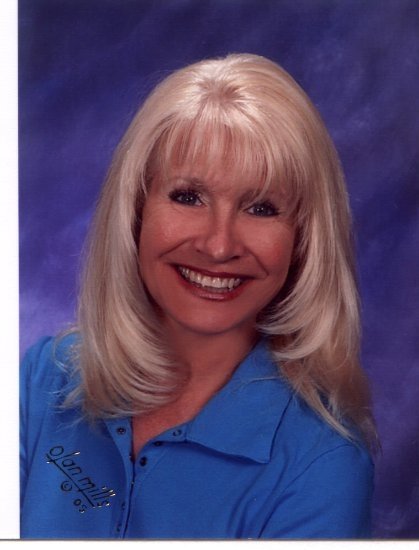My topic for today is medical alert systems. I’m still doing some research on these, but I’ll share what I learned today.
There are a few items which, as a caregiver, I found qualify, in my opinion, as indispensable. A medical alert system is one of those items.
Many of my patients used a medical alert system of one brand or another, even though some of these patients had 24-hour care. And if they stayed at home alone for any length of time I always suggested that the family or the patient invest in a medical alert system. I have seen on more than one occasion that having this type of system in place has saved lives. And when one thinks of how quickly a fall can happen, even with a caregiver in the home, these alert systems have priceless value.
I have been with patients during medical emergencies when I myself have pressed the alert button. Why would I do this rather than call 911? It is because the medical alert systems have detailed information regarding the patient in their records and they act quickly to notify all necessary emergency response teams. The process is faster and smoother than calling 911; and in an emergency, time is of the essence.
Today I researched the various medical alert systems, and found a wonderful article online written by “Consumer Reports.” So, I credit them now for the information I will present. Basically, “Consumer Reports” recommends the consumer do the research to find the most appropriate system for the patient. Each system has its own set of fees and features. Some companies require a contract for a specific amount of time, while others do not. Some charge an activation fee, while others do not. Some offer a mobile 911 phone, while some do not. Some offer an automatic fall detection system and some do not. Personally, I would want to go with a company who offered the automatic fall detection system because many seniors are at high-risk of falling.
Consumer Reports listed their Top 6 companies, as of July 2015. I would recommend going with one of these companies after you have compared their costs and features offered. The Top 6 companies, in alphabetical order are:
Life Alert
Life Station
Medical Alert
Mobile Help
Philips Lifeline
Rescue Alert
As I stated, these companies offer varying fees and varying services, but all offer 24/7 monitoring – so do your comparison homework before you sign any contracts.
Again, a medical alert system gives everyone (patient, family, caregiver) peace of mind and the assurance that help will come quickly in the case of an emergency.
I’ll end with a couple of chuckles on what a medical alert system is not to be used for –
I worked with one patient who pressed her alert button more than once because her wall-heater was not working correctly. Naturally, as this was not an emergency in San Diego, I called the gas and electric company in the morning and all was repaired. However this same patient fell once and did not press her button, but waited on the floor until I arrived to work my normally scheduled hours – at which time I pressed the button! Clearly, I needed to explain again the purpose of the system to this patient.
I worked with another patient for several years who was a retired nurse. In her later years, she became fixated on having regular, daily bowel movements. She pressed her alert button on more than one occasion because she could not poop that day — (her words, not mine). She also pressed it because she ate several prunes some days, and was pooping too much on those days. Yes we had many pooping problems in that home, all of which were, in her mind, medical emergencies.
Make it a great day! Invest in a medical alert system. And take a tip from the caregiver: one prune a day will help you avoid an emergency in either direction!




Laughing!!!